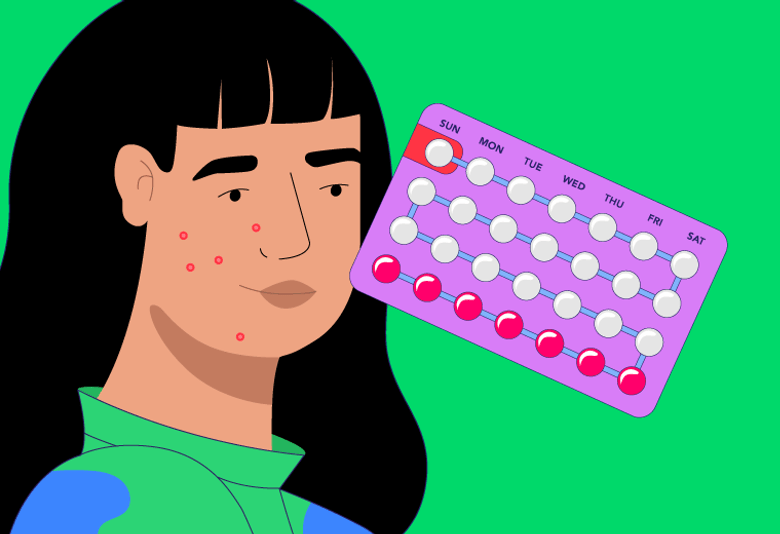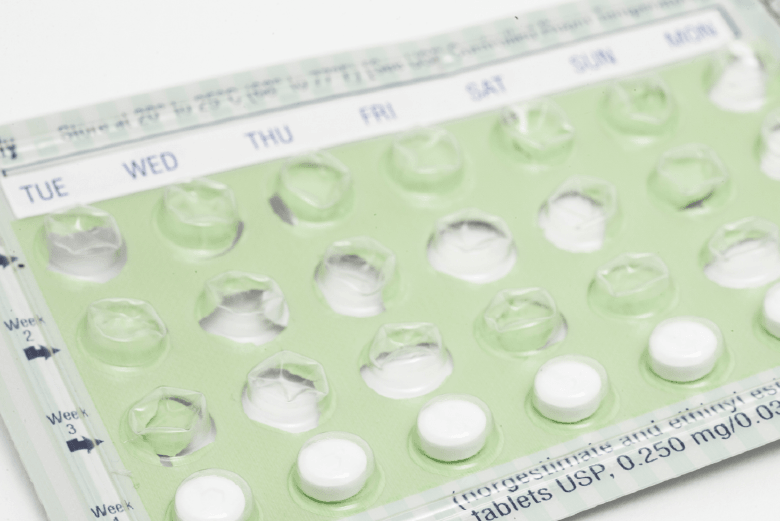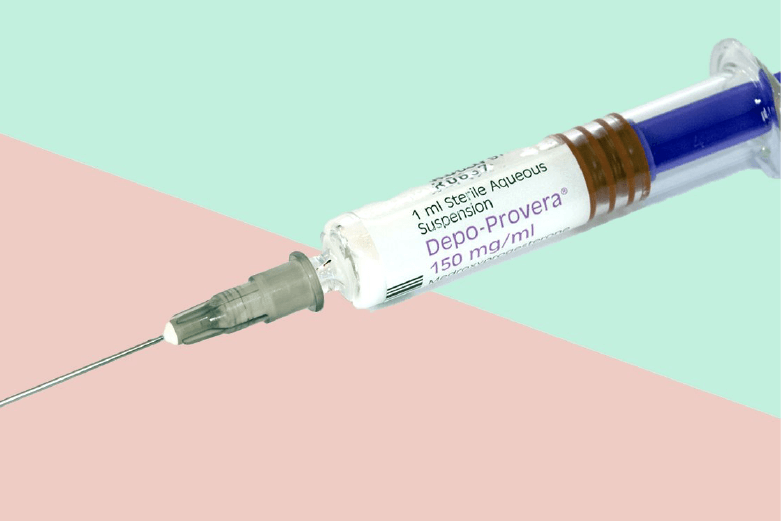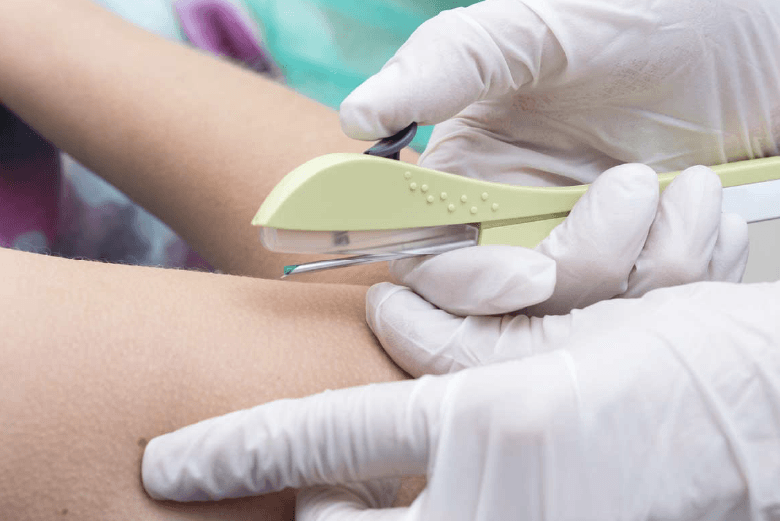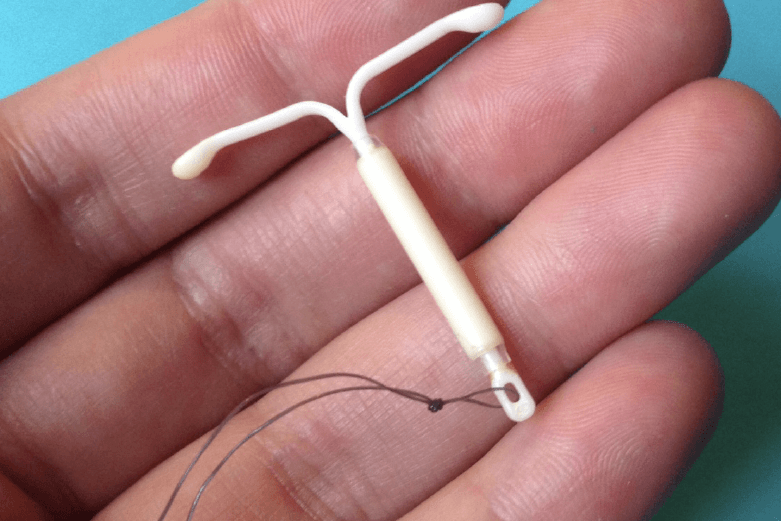Contraceptives, also known as birth control, are widely prescribed to women of reproductive age to help prevent unwanted pregnancies. However, many women have medical conditions that they and their providers must consider when selecting a birth control method. Such conditions might change the advantages and disadvantages of a birth control method.
For example, some contraceptives may help with a health condition, while others may be contraindicated in certain conditions. Therefore, it is important to consider your medical history, in addition to your preferences and the benefits-risk profile of a contraceptive, before selecting one. This article will discuss the ins and outs of contraceptives and common comorbidities.
Note: you can use our Contraceptive Quiz, to find the best family planning method for you.
Birth control pills
Birth control pills are considered safe for women with comorbidities such as controlled diabetes, high blood pressure, depression, and valvular heart disease (1). In addition, birth control can help improve or lessen your risk for several conditions, including
- acne;
- cysts in your ovaries and breasts;
- hirsutism (excessive hair growth);
- serious infections in your ovaries, uterus, or fallopian tubes;
- iron deficiency (anemia);
- polycystic ovarian syndrome (PCOS);
- endometrial and ovarian cancers;
- long, irregular, and/or painful periods; and
- PMS (premenstrual syndrome) (1,2).
Injectable birth control
Depo-Provera is a progestin-only injectable birth control method that effectively prevents pregnancy. As it contains only progestin, it is a good option for individuals with a contraindication to estrogen. Estrogen is typically contraindicated in those with a history of cardiovascular disease, stroke, peripheral vascular disease, or venous thromboembolism (VTE) (1).
Depo-Provera is also a good option for individuals with sickle cell disease (SCD) as it can reduce the number of painful crises associated with SCD. One study, for example, found that 70 percent of females with SCD were pain free after receiving Depo-Provera for one year (3).
Finally, epilepsy drugs (e.g., phenytoin, carbamazepine, phenobarbital, etc.) can alter the metabolism of birth control pills and therefore decrease their efficacy. Therefore, Depo-Provera is recommended for those on antiepileptics. Additionally, progestins can reduce the frequency of seizures (1).
Note: you can obtain detailed information about the contraceptive injections on our blog.
Implantable birth control
Implanon is a birth control rod placed under the skin in the upper arm, and it is effective for up to three years. In addition to preventing pregnancy, Implanon is also effective in relieving menstrual cramp symptoms. Research found that Implanon reduced menstrual cramping in 80 percent of women who used it. In addition, the World Health Organization (WHO) guidelines state that Implanon is safe for use in women with the following medical conditions:
- high blood pressure;
- cardiovascular disease;
- diabetes;
- seizure disorder;
- history of stroke;
- migraines;
- HIV; and
- sickle cell disease (1).
Note: detailed information about the contraceptive implant here.
Intrauterine device
An intrauterine device (IUD), such as the Mirena, is a T-shaped device that can be used for up to five years as a birth control method. Besides its use as birth control, the Mirena can also help with heavy, painful, and long periods. In addition, it can also improve conditions associated with long periods, such as anemia. One study compared an IUD to a hysterectomy for the treatment of heavy periods. IUD users achieved a similar quality of life to those that had had a hysterectomy but at a reduced cost.
IUDs can also help with other conditions such as endometriosis and chronic pelvic pain. These conditions are sometimes treated with gonadotropin-releasing hormone analogs. An IUD is a potential alternative to help treat symptoms associated with these conditions. Additionally, an IUD may also reduce menopause symptoms (4).
Conclusion
Overall, several birth control methods are available on the market that are both safe and effective. If you struggle with a medical condition, certain contraceptives may help to improve your symptoms or lessen your risk for other diseases. If you have comorbidities, it is important to discuss with your doctor which method would be best for you.
Sources
- Bonnema, R. A., McNamara, M. C., & Spencer, A. L. . “Contraception choices in women with underlying medical conditions.” American Family Physician, 82(6), 621–628, 2010, www.aafp.org/pubs/afp/issues/2010/0915/p621.html#:~:text=Oral%20contraceptive%20pills%20may%20be,should%20avoid%20oral%20contraceptive%20pills.
- “What are the benefits of the birth control pill?” Planned Parenthood, www.plannedparenthood.org/learn/birth-control/birth-control-pill/what-are-the-benefits-of-the-birth-control-pill. Accessed May 30, 2022.
- De Abood, M., de Castillo, Z., Guerrero, F., Espino, M., & Austin, K. L. “Effect of Depo-Provera or Microgynon on the painful crises of sickle cell anemia patients.” Contraception, 56(5), 313–316, 1997, doi.org/10.1016/s0010-7824(97)00156-x.
- Mccarthy, P. D. L.. “Levonorgestrel-releasing intrauterine system (Mirena) for contraception.” American Family Physician, 73(10), 1799–1806, www.aafp.org/pubs/afp/issues/2006/0515/p1799.html#:~:text=The%20levonorgestrel%2Dreleasing%20intrauterine%20system,for%20up%20to%20five%20years.
Do you have something to share? Leave your comments below, contact us on our social media platforms: Facebook, Instagram, Twitter, YouTube and TikTok, send us an email to info@findmymethod.org. For more information on contraception, visit findmymethod.org.
